

Foreign visitors to Japan say, “Japanese hospitality is wonderful! Japanese hospitality is special! Japanese hospitality is special!
It is true that Japan is full of “Omotenashi” (hospitality) in everyday life.
In this issue, Japanese “Omotenashi” that impressed foreign visitors to Japan. that foreign visitors to Japan have been impressed by.
Further,
What do foreigners find impressive about Japanese hospitality?
I would like to know specific success stories in hospitality for foreigners!
What is it about Japanese hospitality that amazes foreigners?
We will also provide content that will answer questions such as the following.
Please take a look at it as a reference when you entertain foreigners.
What is Japanese hospitality?
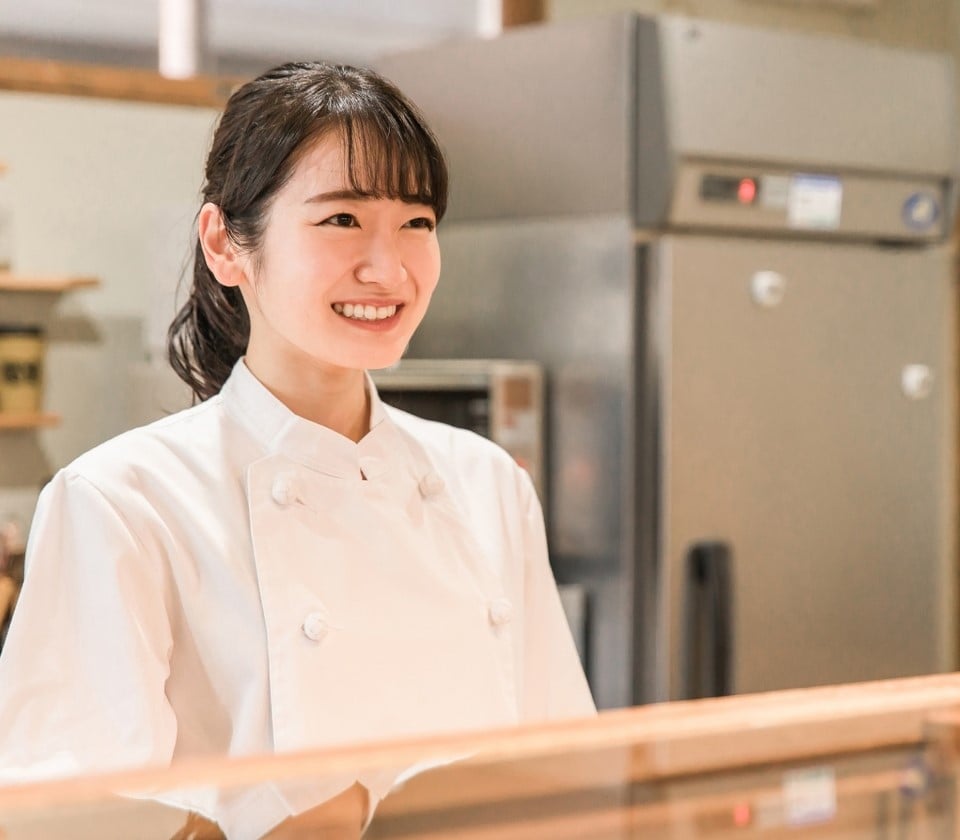
What exactly is Japanese “Omotenashi”?
First, we will explain Japanese hospitality.
Japanese hospitality does not ask for “compensation”.
In Japan, regardless of the price of the restaurant, you can experience sincerity and courteous service at many inns and restaurants.
Japanese hospitality is to welcome others with sincerity and sincerity without asking for compensation. hospitality.
This is the point where foreigners are surprised. Even in foreign countries, high quality service is provided in high-class restaurants and hotels, but this is based on the premise that there is a price to pay for that service. In Japan, on the other hand, you can receive high quality hospitality even at casually accessible convenience stores, supermarkets, and izakaya (Japanese style pubs).
Some foreign countries also require tipping as a form of appreciation for quality customer service and hospitality. From this, you can imagine the shock when foreigners receive Japanese hospitality without paying tips.

More than 1,000 years of Japanese hospitality culture
Japanese hospitality amazes foreigners, but where does this “spirit of hospitality” come from?
Omotenashi is embedded in the DNA of Japanese people, and is not something that Japanese people are naturally born with…………………..
In fact, The history of Japanese hospitality dates back to the Heian period It is said that the history of Japanese hospitality dates back to the Heian period (794-1192). In other words, Japanese hospitality culture has a history of more than 1,000 years. The tea ceremony, which originated in the Heian period, is said to be the origin of Japanese hospitality.
For example, in the tea ceremony, it is customary to sprinkle water at the entrance before a guest arrives. The purpose of Uchimizu is to purify the path of the gods and to welcome guests by lowering the temperature of the ground. (Reference: Uchimizu – WASOKAN official website )

There is also an article explaining the history and spirit of the tea ceremony, which is the origin of Japanese hospitality. Please read it if you are interested.

In addition to the tea ceremony, “Omotenashi” will be passed down through the arts such as flower arrangement and calligraphy.
Furthermore, in the Edo period (1603-1867), the culture of the townspeople flourished and hospitality was adopted at ryotei (Japanese-style restaurants) and lodging facilities.
In this way, hospitality has been passed down to the present day, and has grown to be recognized around the world.
The difference between hospitality and hospitality services
Similar to “Omotenashi” are the words “hospitality” and “service.”
The deeper you delve into hospitality, the more you wonder about what aspects of hospitality service differ from hospitality service.
Let’s look at the difference between the three.
- Omotenashi
… to be considerate of others and to go out of your way in many ways - Hospitality
… To relieve guests’ physical and mental fatigue To create a relaxing space for … - Services
… The purpose of a compensatory An action for a consideration, in which the recipient and the provider A master-servant relationship a relationship of master and servant between the recipient and the provider.
Omotenashi in Japan refers to the act of being considerate of the other person and going out of one’s way to help from a variety of angles. In addition, “not being intrusive” and “being humble and courteous” are also necessary so that the other party does not feel burdened.
Furthermore, another important aspect of Japanese hospitality is that there is no master-servant relationship. It is important that the person receiving hospitality also treats the person providing it with respect.
On the other hand, hospitality services abroad are provided to a person who has a defect. For example, creating a relaxing space for a tired guest is hospitality. For example, creating a relaxing space for a tired guest is hospitality, whereas tipping a person in need for compensation is a service.
15 examples of Japanese hospitality that impressed foreigners
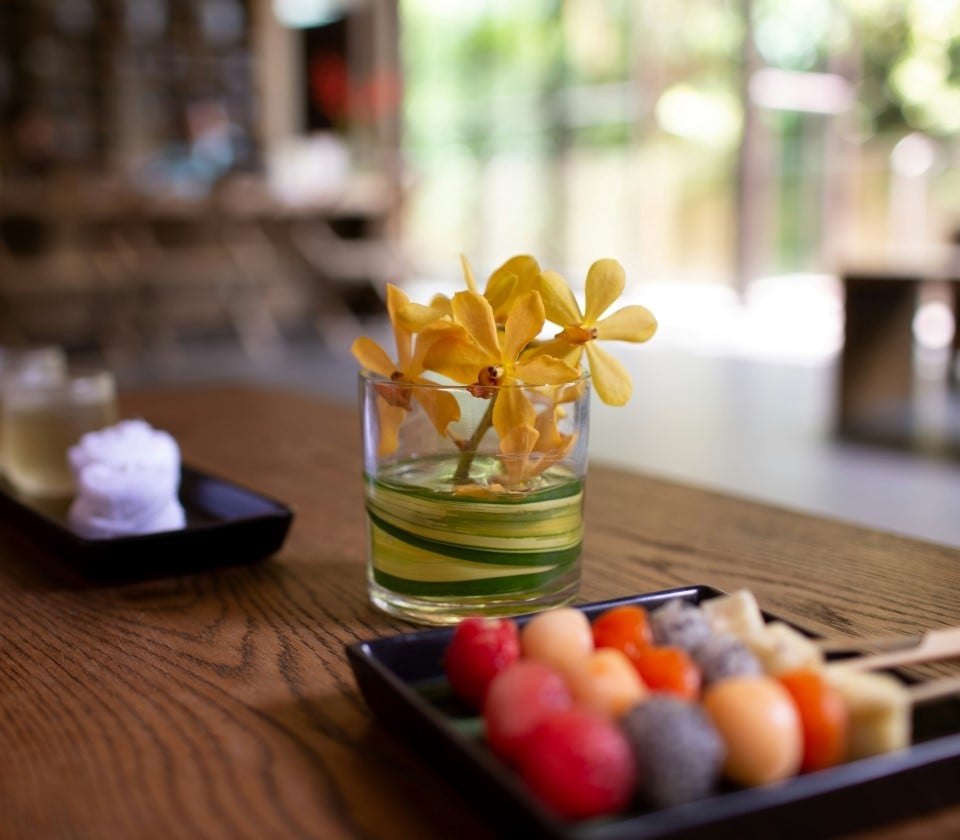
Let’s take a look at 15 examples of Japanese hospitality that can actually be found in daily life in Japan. Here are 15 examples of Japanese hospitality that impress foreigners Here are 15 examples of Japanese hospitality that are actually seen in daily life in Japan that impress foreigners.
1. Public transportation that operates at precise times
Public transportation such as trains and buses in other countries are rarely on time. In many countries, it is almost a miracle. Many foreign visitors to Japan are surprised by the punctuality of Japanese trains and buses. This is a result of the efforts and hospitality of the train and bus companies.
2. Public restrooms are clean.
The high quality of Japanese toilets is well known overseas, but foreigners are also surprised by the cleanliness of public toilets. Foreigners are also surprised at the cleanliness of public toilets, which have buttons for running water and small triangles of folded toilet paper. What’s more, such beautiful toilets can be used free of charge. Since public toilets are charged for in other countries, it is not surprising that foreigners are surprised at this.
The city is always clean and has little garbage.
Foreigners are also surprised at how clean and tidy the streets of Japan are. Furthermore, even though there are almost no trash cans on the streets, there is no litter in public spaces. This is an example of hospitality created by the Japanese people as a whole, thanks to the careful work of those involved in the cleaning industry and the fact that each and every Japanese person does not litter.
4. Book covers that are attached to the book at the time of purchase at the bookstore.
You may be asked if you need a book cover at a bookstore. Many foreigners are impressed by the hospitality of this exclusive book cover. The book cover is not only to protect the cover of the book, but also to meet the needs of people who do not want others to know what book they are reading. It is truly a Japanese hospitality that considers the feelings of the recipient.
5. They provide plastic rain protection for shopping bags on rainy days.
When you go shopping on a rainy day, they put a plastic cover over the paper bag to keep the goods dry. In other countries, this scene is almost unheard of. It is a small consideration, but foreigners seem to be impressed by the hospitality that notices the smallest of details.
6. They are friendly and accommodating to even the smallest of problems.
In other countries, when you ask a question at a store, you may receive a curt response. In Japan, store clerks are more accommodating. There are also comments such as hotel staff remembering your name and preparing a meal suited for recuperation when you are sick at your accommodation. In addition to stores, we often hear moving episodes from people overseas such as, “When I asked for directions, they went out of their way to walk with me and guide me to my destination. What may seem like a casual gesture to a Japanese person may turn out to be an unprecedented experience of hospitality to a foreigner.
7. Free hand towels and water provided at restaurants
Many foreigners are impressed by the free water and tea offered in Japanese restaurants. Many countries charge for water in restaurants, and even if it is free, it is almost always self-service. Foreigners are also surprised to find that warm hand towels are also provided.
8. Food samples at the entrance and pictures on the menu table to help you visualize the food.
Food samples displayed in show windows at Japanese restaurants. In fact, many foreigners are impressed by the high quality of Japanese food samples and take pictures of them. These delicious-looking food samples, reproduced down to the smallest detail, are works of art created by Japanese craftsmanship. Thanks to these food samples, even foreigners who do not understand Japanese can easily visualize the food. Even in stores that do not have food samples, the menu lists include pictures of the dishes, and this care is also appreciated by people from overseas, as it makes it easy for foreigners to get an image of the food.
9. Courteousness of the courier’s delivery
Foreigners who stay in Japan for long periods of time are often surprised at the quality of the Japanese parcel delivery service. They are able to specify the time of delivery and cool delivery, and if you specify that your package is fragile, they will treat it with the utmost care. Have you ever received a package shipped from overseas with a dented or damaged package? You can see how polite the Japanese parcel delivery service is, can’t you?
10. Yukata (Japanese bathrobe) is provided free of charge at your accommodation.
One of the most surprising things about the places where people from overseas stay is that they are provided with yukata (Japanese bathrobes) free of charge. In foreign hotels, bathrobes and pajamas are not provided unless they are high-class hotels. In Japan, even in business hotels, yukata are not only provided but are also carefully folded and placed on the bed. In Japan, what is offered as a “service” in high-class hotels in other countries is offered as a matter of course in any grade of hotel. This also shows the high level of hospitality in Japan.
11. When I broke a plate in a restaurant, they responded with a smile.
For foreigners, Japan is a foreign country. While unfamiliar with the language and culture, you must be very upset if you break a plate while eating at a restaurant. In such a situation, it would be a relief to be greeted with a smile and a caring, “Are you hurt? This is another example of the Japanese hospitality that shows consideration for the feelings of others.
12. A message with written instructions on how to eat and cook the food in a delicious way was attached.
Have you ever received an order of food with instructions on how to eat or cook it? For Japanese people, it is a heartwarming moment to feel the hospitality of the sender. In other countries, such a message is almost never attached to a product. Foreigners seem to be moved by this first experience in Japan.
13. Beautiful and careful gift wrapping
In Japan, you can ask for gift wrapping at stores. In fact, gift wrapping services at stores are a rare sight in other countries. Some stores take off the price tag so that the recipient does not have to worry about the price, and some stores allow the recipient to choose his or her favorite decoration from several types of ribbons and noshi. This kind of Japanese gift wrapping has been talked about overseas as “artistic!” and it has even become a topic of conversation overseas. Receiving a beautifully wrapped present makes you feel good even before you open the package.
14. Taxi doors open automatically.
Only in Japan do cab doors open automatically. Foreigners are said to be surprised by cab doors that open automatically. In fact, the reason for this automatic opening system was a consideration for cab drivers. Until then, cab drivers had to get out of the car and manually open and close the doors as a service to passengers. However, there were many accidents and problems when the driver exited the car and came into contact with the following car, and the system was introduced to reduce the risk and burden. Not only does it reduce the risk of accidents, but the automatic opening of the door also makes passengers feel luxurious. It can be called a “hospitality system” that considers both the driver and the passengers.
(Reference: Why Automatic Doors for Taxis in Japan? The trigger is the Tokyo Olympics – Akira Kobayashi, Editorial Board Member – Nihon Keizai Shimbun )
15. Pop in a supermarket
Foreigners also feel hospitality in Japanese supermarkets. That is, product pop-ups. There are many pop-ups in Japanese supermarkets that are full of consideration for buyers, such as a pop-up that introduces how to tell when an avocado is ready to eat, or a pop-up that introduces the farmer who produced the vegetables. Of course, this is one of the supermarket’s strategies, but it is also an excellent hospitality to reduce buyer’s anxiety as much as possible.
Points to keep in mind when entertaining foreigners
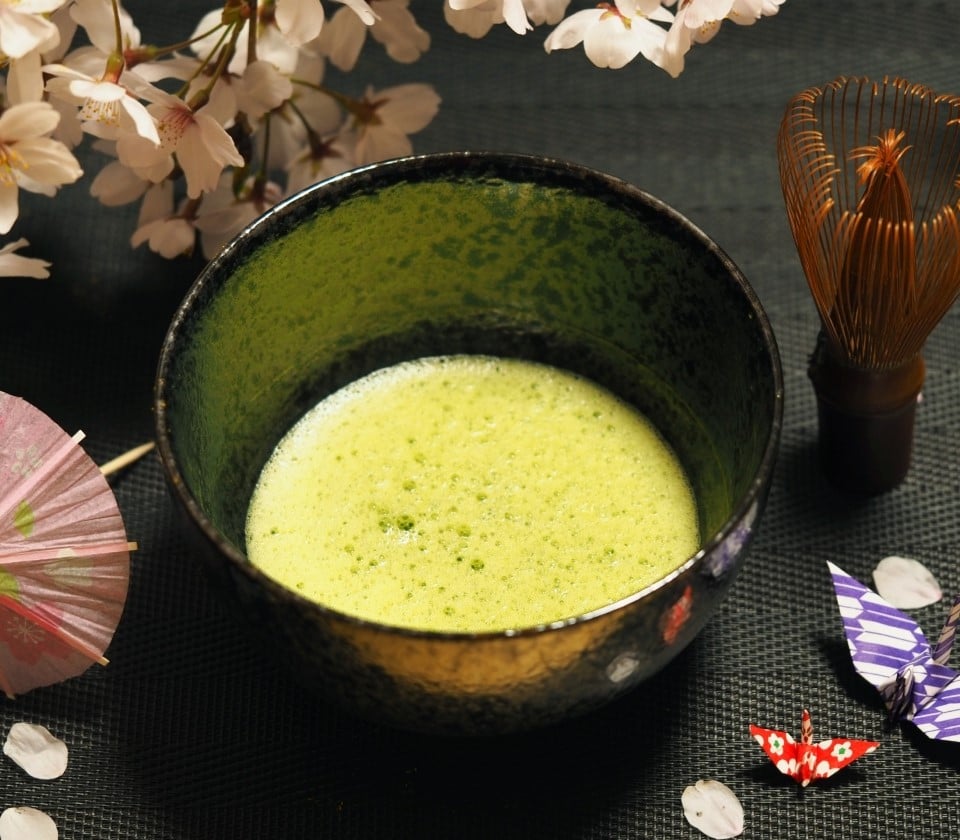
Japanese hospitality is highly appreciated by foreigners, but there are some points to keep in mind.
This is because Due to differences in culture, customs, and language, hospitality actions may cause unexpected misunderstandings and inconvenience This is because
Here are three points to keep in mind when entertaining foreigners.
Improve English-language support
Language is an important part of providing hospitality to foreigners.
The excellence of Japanese hospitality is known throughout the world, However, the hospitality we offer is not always conveyed 100% due to language barriers. However, there are times when the hospitality we offer is not conveyed 100% due to language barriers.
Therefore, appoint English-speaking staff and improve English menus and displays. Today, more and more people speak English, and translation tools are readily available. In addition, by arranging for an interpreter, you may be able to provide detailed explanations in the native language of the foreigner.
Nevertheless, there are some foreigners who want to communicate in Japanese since they have come to Japan. These situations test our hospitality skills.
If a foreigner tries hard to communicate with you in Japanese, try to communicate in Japanese that they can easily understand. You may be able to create a precious memory of “I was able to talk with a native Japanese in Japanese!” You may be able to create a precious memory of “I was able to talk to a native Japanese in Japanese!
Know the difference between “humility” and “self-deprecation.
When entertaining, Beware of demeaning yourself more than necessary! .
In Japan, there is a concept called “the virtue of humility. This is the Japanese culture of “respecting others without being overconfident” and “respecting others by taking a step back.
While modesty is a uniquely Japanese trait, words and actions that are too self-deprecating may confuse foreigners. Be conscious of “treating others as a professional” rather than unconditionally obeying them. treat them as a professional, not as an unconditional obedient servant.
If something is impossible, it is also a fine form of hospitality to give a good reason and suggest alternatives.
Be aware of religious differences.
There are people abroad who follow various religions.
Therefore, for information It is important to learn about religious taboos It is important to learn about religious taboos.
- Islam
…There are certain foods that cannot be eaten, such as pork and alcohol. - Judaism
…Strict rules on food and eating etiquette.
Many religions require special dietary precautions, so be careful when dining with foreigners.

Recently, an increasing number of ryotei (Japanese-style restaurants) and restaurants in Japan have begun to accept halal foodstuffs (foodstuffs that Muslims can eat). Please check and consult with the restaurant in advance.
Also, each country often has different values. For example, in Korea and China, people show more respect to superiors and elders than in Japan. In the West, lady first is also an important part of the culture.
By knowing information about each religion and country’s culture in advance, we can provide hospitality with peace of mind.
Welcoming Foreigners! 10 examples of recommended hospitality tours
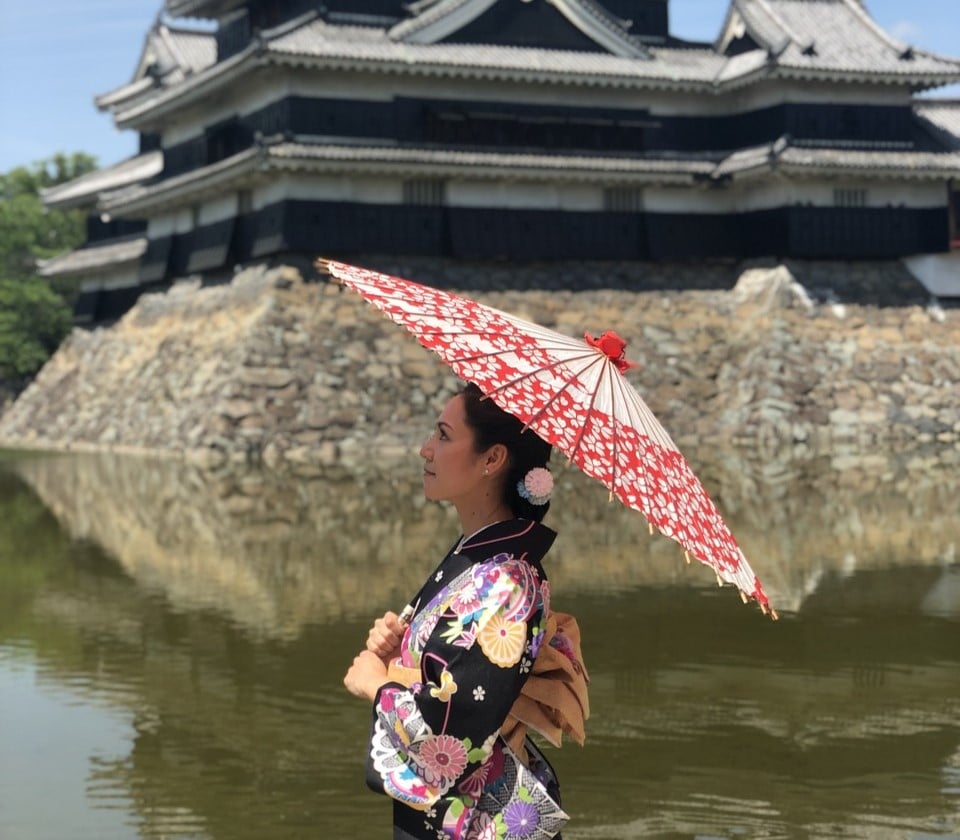
Here are 10 hospitality tours that were actually enjoyed by foreigners.
Please refer to the hospitality as well as the episodes when Motenas Japan provided the tours.
Food tour to enjoy Tokyo’s food and scenery
If you are entertaining foreign friends, we recommend a tour where you can enjoy the scenery and conversation while eating Japanese food.
For example, the following course will allow you to enjoy both downtown gourmet cuisine and a view of Tokyo.
Let’s start with monjayaki in Tsukishima.
Some foreigners are not comfortable with the appearance of monjayaki, so in that case, I recommend choosing okonomiyaki.
Walking along the Sumida River from Tsukishima, you will reach Tsukiji.
Tsukiji is synonymous with sushi, isn’t it? While the wholesale market has relocated, the Tsukiji Outer Market, where the public can still enjoy sushi, remains open.
Enjoy Edomae Sushi with foreigners.
A short walk from Tsukiji takes you to Ginza.
Ginza is home to upscale wagashi shops, as well as casual treats like taiyaki and daifuku.
Choose Japanese sweets according to the tastes of foreigners.
Walk from Ginza toward Yurakucho Station, and after a short distance you will see Shimbashi.
Shimbashi is known for its izakayas, where you can feel the charm of traditional Japan, making them popular among foreigners.
Let them enjoy Japanese izakaya with good beer and snacks.
If you have time, catching a performance at the Kabukiza Theatre in Ginza is also highly recommended.

It is also acceptable to walk around and enter a place that a foreigner “wants to try” without deciding on a restaurant.
If you would like to decide on a restaurant in advance, please refer to our article on taverns and restaurants in Motenas Japan.


Karate Experience in Authentic Japan
Once, a French guest, a Japanophile whose hobby is karate, came to Japan on business.
Since I was invited to spend two days of private time with them, I thought, “Let’s have them experience karate in Japan, the home of karate! We planned a karate experience with the idea of “Let’s have them experience karate in Japan, the home of karate!
The experience included instruction by a professional karate instructor in a private space overlooking a Japanese garden. He had been a karate enthusiast since childhood, and was very serious about his karate experience.
After the karate instruction was over, we took some time to relax and enjoy the Japanese garden. It seemed to relax my tired body.
It’s like a dream come true to be able to do karate in Japan with Japanese karate masters! If my childhood self knew about this, she would be too impressed to believe it.
The next day, we took him to a store specializing in martial arts equipment. He had his name embroidered on a karate uniform and received explanations about karate equipment. He told us, “It was a very memorable stay in Japan. It was a very successful karate experience.
This project is recommended for foreign guests who are interested in martial arts or are already learning it in their own countries. who are interested in martial arts and have already learned it in their own countries.

Motenas Japan’s feature page about the karate experience There is also a

Entertaining Vegan Foreigners with Japanese Cuisine
Here are some examples where the “particulars” of foreign guests were the key to hospitality.
This is an episode from a visit to Japan by a vegan foreigner who has decided not to enjoy any food from animals.
A British woman in her 50s who is staying in Japan for a week. She is particular about her health and way of life, especially her diet. She lived a thorough vegan style for her health and out of awareness for the environment and animals. Many people overseas become vegan or vegetarian for these reasons.
I had heard that she was a vegan when I met her before, so I set up a vegetarian kaiseki dinner for her.
She was impressed by her first taste of elaborate vegetarian kaiseki, which does not contain any animal protein, and said she was impressed by the depth of Japanese food culture.
Another thing we did was to make a list of restaurants where you can make reservations online so that you do not have to worry about food during your stay, and so that you do not have to stress about the language. We made a list of restaurants where you can make reservations online and gave it to you Of course, the restaurants we selected included tofu restaurants, vegetarian restaurants, and vegan restaurants. Of course, the restaurants we picked out were tofu restaurants, vegetarian restaurants, and restaurants with a wide variety of vegetarian and vegan menus.
This list also pleased her, and she seemed to visit the restaurants on the list during the rest of her stay. I know that vegans sometimes have a hard time finding food in travel destinations, However, it is easy to find vegetarian food and tofu dishes that vegans can eat, so we recommend them. I recommend it.

Japanese Whiskey x Noh Mask Experience Tour
In fact, there is an unprecedented Japanese whiskey boom overseas right now.
Here is an example of entertainment that was well received by an American president who loves such Japanese whiskey.
I wanted to enjoy Japanese whiskey since I was in Japan!” So we decided to go there, I took him to a members-only authentic whiskey bar I took him to an authentic bar.
The atmosphere of the restaurant was lovely, but the most important point is that the skilled bartenders will help you choose the drinks of your choice. The president of the company is American, and when I told him that I like Japanese whiskey, he offered me a recommended brand from his wide selection of drinks.
The walls of the bar were lined with Noh masks, a uniquely Japanese artwork. It was a special time to be surrounded by elegant Noh masks while enjoying the finest Japanese whiskey. It was a time to deepen our friendship in a relaxing atmosphere and get to know the president’s personality even better.
In fact, the president of the company seemed to like the “small mask” of a Noh mask that was on display. He was so pleased that he gave it to the president as a souvenir that he still keeps it in his office. Giving a Noh mask as a souvenir is not something that happens often among Japanese people, but it is an opportunity to spend time with foreigners and see what they are interested in. But when you are spending time with foreigners, you should pay attention to what they are interested in, so that you can give them a hint of hospitality. It may give you a hint for your hospitality.

Motenas Japan’s Japanese Whiskey Experience feature page is also available.
Professional guides are available to provide explanations, tour the distillery, and organize tastings.

Geisha play experience in a private room
This is an episode from when the president of a business partner came to Japan and we prepared a special reception for him.
Our foreign guests are busy people and have very little private time during their stay in Japan. We want to provide such presidents with a relaxing and uniquely Japanese time.
There, they “rent out a room in a We came up with the idea of “renting out a room in a hotel where guests are staying and providing them with a geisha experience. We came up with the idea of “renting out a room in a hotel where guests are staying and providing them with a geisha experience. If it is in a hotel, there is no need to travel.
The meal will be served in a prestigious Japanese-style room with subdued lighting, and will be brought in specially from a first-class ryotei (Japanese-style restaurant). In addition, first-class geisha will be provided, and interpreters have been arranged. The professional entertainment provided by the geisha and the experience of watching a traditional Japanese performing art up close were very special experiences for the foreign guests.
Of course, after the meal, the guests experienced traditional Japanese games such as ochaya games with geisha. By arranging for interpreters, we were able to provide a geisha experience that was stress-free in terms of language.

Motenas Japan’s Geisha Experience feature page There is also a special page for Geisha experience in Japan.
We recommend it not only as a project for companies, but also as a way to entertain foreign families.
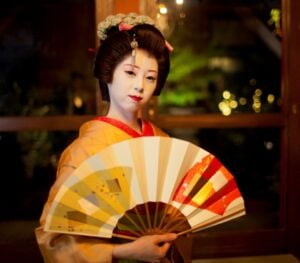
Katsura Rikyu Tour to appreciate the beauty of Japanese architecture
A French guest who was interested in traditional Japanese architecture came to Japan.
Katsura Rikyu has been a topic of conversation with our guests for some time. Katsura Rikyu, also known as the best Japanese garden, is a historic Japanese building believed to have been built around the 17th century.
Guests who were able to visit Katsura Rikyu said, “I never thought I would be able to visit Katsura Rikyu! It’s like a dream! They were delighted with the experience.
The Katsura Imperial Villa, the Kyoto Imperial Palace, and the Imperial Palace are open to the public. The Imperial Palace, the Kyoto Imperial Palace, and Katsura Rikyu are open to the public. (*Please refer to the official website for information on when the tour may be suspended.
For foreigners interested in Japanese history and architecture, this is a great place to visit because of its history and traditions.
Dressing in the style of Ooku (the inner chambers of a Japanese inn) x Tea ceremony experience
Here are some episodes of kimono dressing and tea ceremony hospitality that were a great success with Chinese VIP guests.
I was a Japan-oriented guest with a lot of experience visiting Japan, We planned a special hospitality that could not be We planned a special hospitality that could not be done in a normal way.
First, the kimono. In the pursuit of a special kimono experience, we came up with the idea of dressing in the style of the Japanese TV drama “Ooku,” which was very popular in China. Guests seemed delighted to be photographed and videoed in the gorgeous costumes of the Ooku. As a side note, Chinese guests tend to like having their photos taken, so please refer to this when entertaining them.
After that, we will experience the tea ceremony. The guests prepared the finest matcha green tea and performed the tea ceremony using high-end tea bowls costing several million yen. Guests were riveted by the artistry of the tea bowls and the tea ceremony.
When entertaining VIP guests, the outfits and tableware in the experience can also be upscale and luxurious to create a special atmosphere.

Motenas Japan’s Tea Ceremony Experience Feature Page Please also check out the “Tea Ceremony Experience in Japan” page on Motenas.
Tea ceremony experiences with Japanese musical instruments or on a boat are also popular.

Kabuki workshop-type experience
A project for a major Japanese financial company that invited important foreign guests.
What we were able to prepare was Kabuki.
Kabuki offered by Motenas Japan, It is not just about appreciating Kabuki. Kabuki is not just about watching kabuki. Kabuki actors will appear on stage and explain the traditions and performances of Kabuki. Then, as a workshop, kabuki makeup and dressing will be performed in front of the foreign guests. This is a rare opportunity to see the process of transformation into a Kabuki actor.
Then, the long-awaited Kabuki performance.
Here, we also served the guests’ favorite French dishes. In addition, after the meal, a photo shoot was held with foreign guests and Kabuki actors.
By providing time not only for viewing but also for asking questions and taking pictures of Kabuki actors, we were able to provide a memorable Kabuki experience for our foreign guests.

Motenas Japan’s Kabuki Experience feature page There is also a

Shamisen x Tea Ceremony Fusion Project
We accepted a request for a welcoming ceremony for an American dignitary visiting Japan.
So Motenas Japan planned, Tsugaru shamisen and tea ceremony and tea ceremony.
The Tsugaru shamisen has a unique sound, and its uniquely Japanese tone creates a Japanese atmosphere in the hall. Furthermore, the duo performance gave it a solid and powerful quality.
After the performance, the students experienced a tea ceremony.
The uplifting atmosphere of the intense Tsugaru shamisen music was replaced by the quiet tension of the tea ceremony. Since each gesture of the tea ceremony has its own meaning, we also explained about the gestures. The guests, who were American dignitaries, looked intently at the gestures and were satisfied with the event.
The fusion of the two traditional performing arts, which are both solemn and yet different in lineage, seemed to provide an enjoyable occasion to feel more Japanese.

Motenas Japan’s Shamisen Experience feature page Please also check out the
A spectacular entertainment show with ninja performance and Japanese dance
This was the case when Motenas Japan was used by a major company for a celebration party to celebrate the success of a project. It was a large-scale celebration with over 300 attendees. The first priority was to make it a festive occasion, Ninja performance and Japanese dance plan We proposed a plan for a ninja performance and Japanese dance.
The ceremony was a celebration, so everyone enjoyed the congratulatory speeches, greetings, and food and drinks, and the party was just getting into full swing.
Suddenly, ninjas appeared!
The audience was instantly filled with cheers as the ninja appeared out of nowhere and performed a spectacular battle. The excitement of the audience was unrelenting, with some standing up to watch the ninja’s every move and others taking pictures.
Following the ninja performance, the second act began with a Japanese dance. The audience was drawn in by the shamisen and other Japanese instruments and the refined movements of the dancers in kimonos. The celebration closed when the atmosphere in the hall was at its peak.
This project was very popular with our foreign guests and with the companies that requested it, so we recommend it for celebrations and festive occasions.

Motenas Japan’s Ninja Project Feature Page Please also check out the following page.
Not only ninja shows, but also projects to actually experience ninjutsu are very popular.
A special time with world-class Japanese hospitality
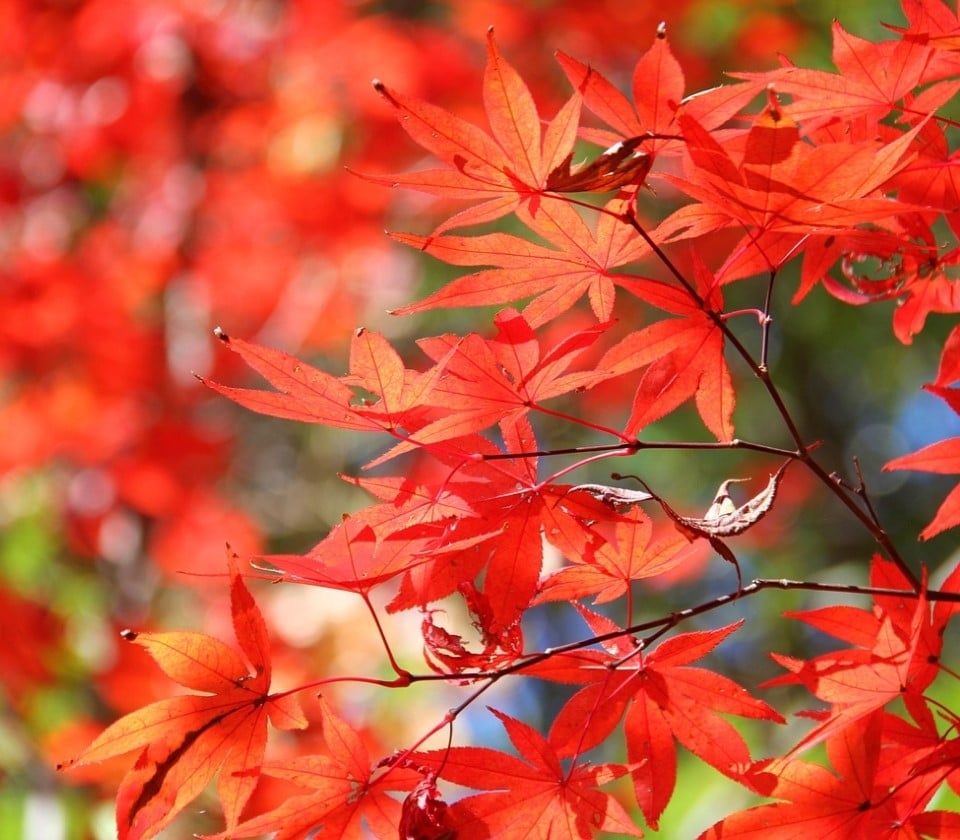
Japanese hospitality,” with its beautiful and meticulous attention to detail, is highly regarded around the world.
When entertaining a foreigner, if you think “to be close to the person and help them have a good time in Japan,” you will naturally create the appropriate hospitality.
In addition to the experience plans introduced above, Motenas Japan also offers Motenas Japan can offer tailor-made plans to entertain foreign visitors We can also offer tailor-made plans to entertain your foreign guests. Let us help you come up with a plan that fits your foreign guests’ preferences, length of stay, and many other aspects. We will provide full support, including the arrangement of interpreters, so please do not hesitate to contact us.

We are working day and night to spread Japan’s unique hospitality culture to people around the world. Please feel free to contact us for any inquiries regarding the reception and hospitality of guests visiting Japan.


